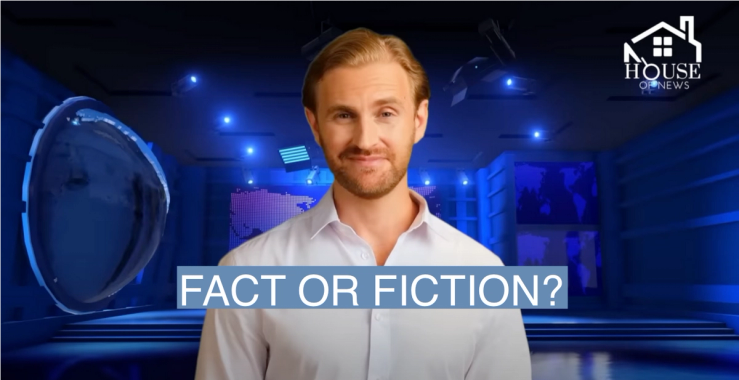The News
Artificial intelligence-generated avatars are being used to spread pro-Venezuela propaganda in videos broadcast on Venezuelan state TV.
The videos were created using software designed by Synthesia, a London-based AI content generator, which has been extensively used to spread disinformation in recent months.

In this article:
Know More
On a fictitious news channel called House of News en Español, an English-speaking avatar that appears to be in a news studio says: “We wanted to find out if Venezuela is really as destroyed as the media has claimed for years.”
It then provides data and anecdotes that allege Venezuela’s economy is in far better shape than is widely reported.
The avatar, speaking at a pace that is slightly off from the way its mouth is moving, then asks: “So how true is it that Venezuela is such a poor country? Has the media exaggerated things in that place?”
Those videos have been shared on state TV as if they were broadcasts from legitimate U.S. news channels, reported El Pais.
“We’re seeing an attempt to push narratives favorable to the government,” the head of a Venezuelan group called Fake News Hunters told the Spanish newspaper. “This is designed so that no one is exempt from not believing in it.”
The avatars were created on Synthesia, a London-based AI video creation platform that allows users to design their own avatars and record videos in 120 languages.
“A customer simply needs to type up a script, which is then read by one of the digital actors made with Synthesia’s tools,” The New York Times reported.
Although the company’s software is mainly used for human resources and training videos, the NYT reports, Synthesia’s software has also been widely used to spread government sponsored propaganda as the technology can blur the line between fact and fiction.
The View From China
Late last year, a number of videos were distributed on pro-China Facebook and Twitter accounts showing Synthesia-built news anchors working for a fictional news site called Wolf News, where they heralded Beijing’s role at a global summit, and criticized the lack of action against gun violence in the U.S.
Victor Riparbelli, Synthesia’s chief executive, said those videos violated the company’s terms of service and called for policymakers to set rules on how this type of content is regulated.
When he was showed one of the Wolf News videos, Riparbelli said: “It’s very difficult to ascertain that this is misinformation,” adding that he believes identifying disinformation will only become more difficult.
The View From Burkina Faso
Videos created on Synthesia of people expressing support for Burkina Faso’s military coup appeared online earlier this year.
One video shows “Alicia,” a “pan-Africanist” speaking in English with an American accent, who “appeals to the solidarity of the African people and the people of Burkina Faso to effectively support the authorities of the transition.”
VICE called them “a clumsy attempt too spread pro-military propaganda.”
As in the case of the pro-China videos, Synthesia said it banned the account that created pro-Burkina content although it did not disclose who was behind it.

